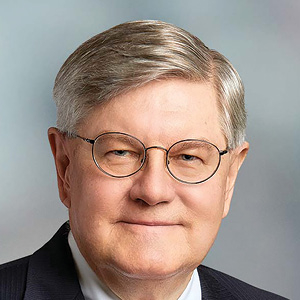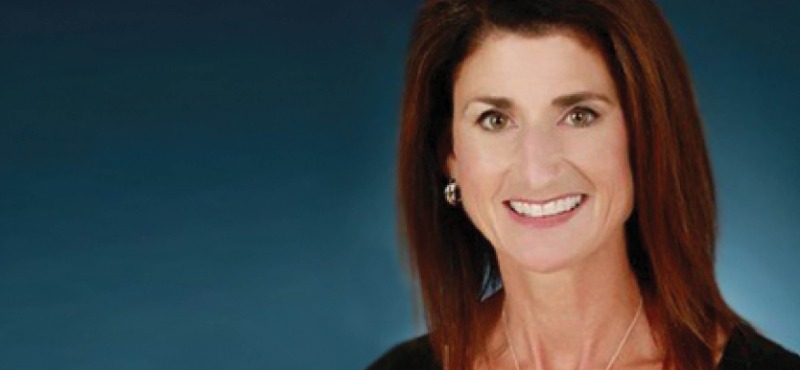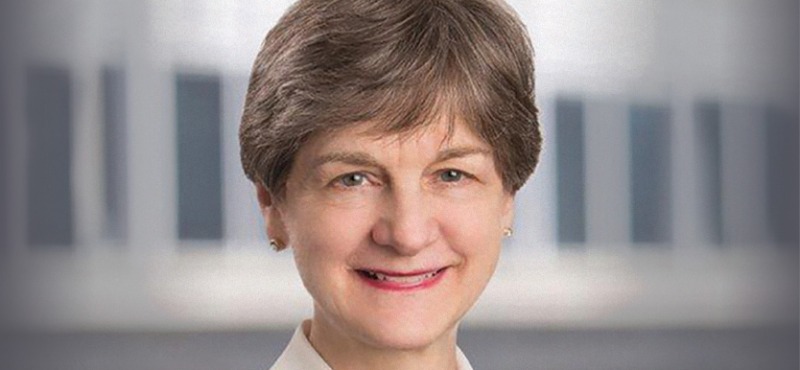This article was originally published on 6/12/18 and was updated on 1/28/22.
School districts across the country are receiving an increasing number of requests from students and parents to record what’s being said in the classroom. As the number of requests rises, so does the concern among districts, which are already dealing with the prevalence of smartphones and the proliferation of social media. Combine that with a lack of court case guidance on the issue and districts have been in a precarious spot—until recently.
In March, a federal court prohibited a student’s use of a recording device in a classroom. The case involved a novel attempt by the student’s parents to obtain the device as an accommodation under the Americans with Disabilities Act, wanting to record everything said throughout the school day.
In Pollack v. Regional School Unit 75, No. 17-1700 (1st Cir. Mar. 26, 2018), parents in Maine gave their son an audio recording device to carry while at school. Their son is autistic and has a severe neurological syndrome that limits his ability to process language and prevents him from speaking. The parents argued that they needed to record everything that was said in their child’s presence so they could learn about his experiences at school and advocate for him when necessary. After all, unlike other students, their son was unable to answer the daily question that many parents ask their children: What happened at school today?
After the school district refused the request, the parents filed suit in federal court alleging a violation of the ADA for failure to provide a reasonable accommodation. The primary issue: whether the school district denied the student “the benefits of [its] services, programs, or activities” or otherwise discriminated against him when it rejected the parents’ request to equip their son with a recording device. The lower court ruled that the district did not violate the student’s rights under the ADA by denying his parents’ request for the device.
Asking for Accommodation: Can you Prove the Benefit?
The court’s decision involved extensive procedural analysis, including an Individuals with Disabilities Education Act component. The IDEA administrative hearing officer found that the school district did provide the student with a free appropriate public education and the recording device provided the student with no demonstrable benefit. Ultimately, the appeals court agreed with the lower court.
The court observed that the student had over 12 years in school without a recording device, yet he “has been happy, has loved school, and has made continuous and significant progress.” In addition, district staff testified that the device would not support the student’s education—and it may actually hinder it by making the school's staff and his peers uncomfortable. Perhaps most telling was the parents’ inability to answer the court’s question: What exactly were they going to do with the four or five hours of recordings each evening?
Because some states are 'one-party consent' states, a student may not always need to ask permission to record."
The court noted that one of the requirements of an ADA accommodation claim involves showing the “effectiveness” of the proposed accommodation. Specifically, does the proposed accommodation offer a benefit in the form of increased access to a public service? The court concluded the parents failed to show that the recording device would provide the student with a demonstrable benefit, and thus, the parents were unable to prove a necessary element of an ADA claim.
The ability to record is nothing new but the means to go about it are more sophisticated than ever. Because some states are “one-party consent” states, a student may not always need to ask permission to record. School districts should review their policies regarding recording—many address recording meetings, but do not address other types of recordings (e.g., lessons, interactions with teachers, etc.). Even with sound policies in place, school districts that are facing an attempt by parents, students, or even employees to record conversations may need assistance from legal counsel to explain the nuances.


























